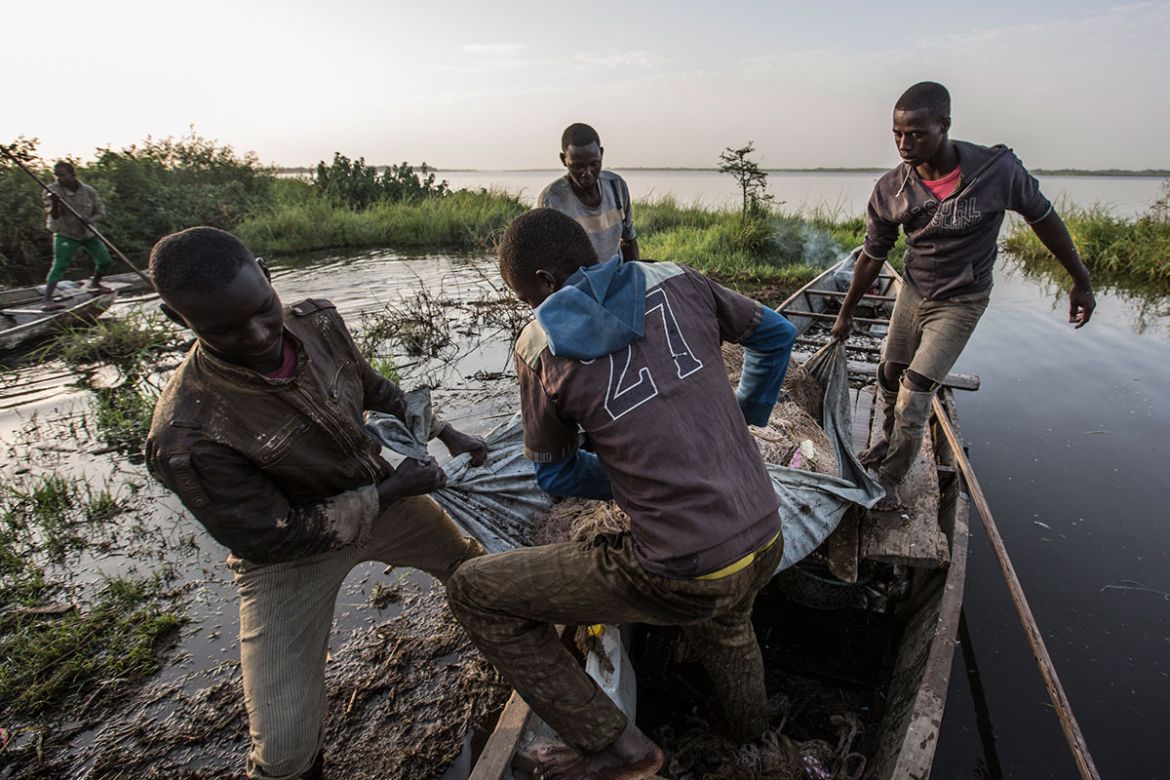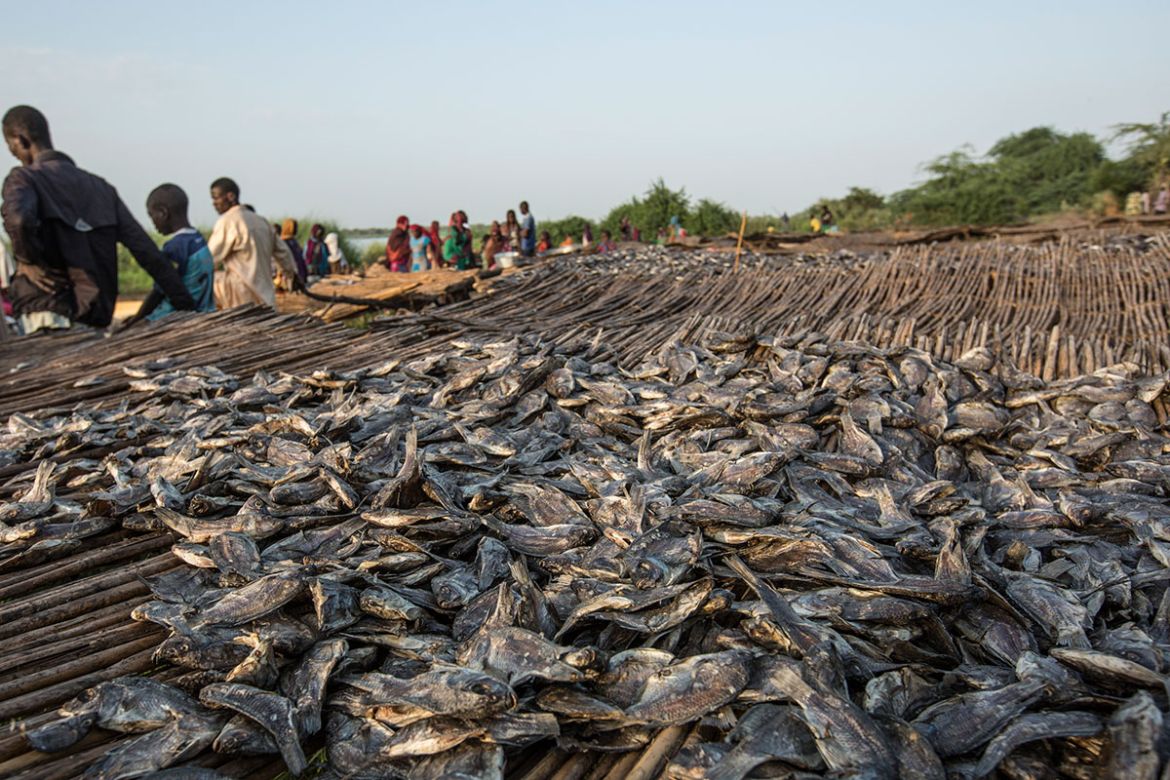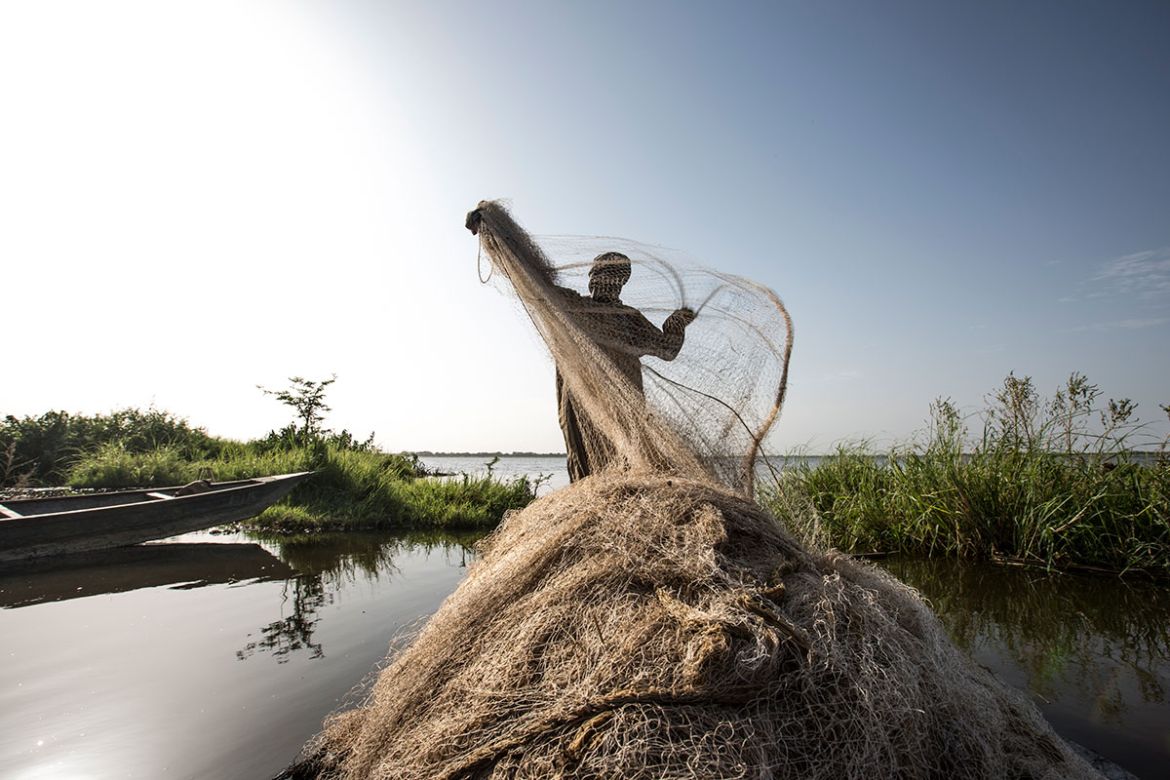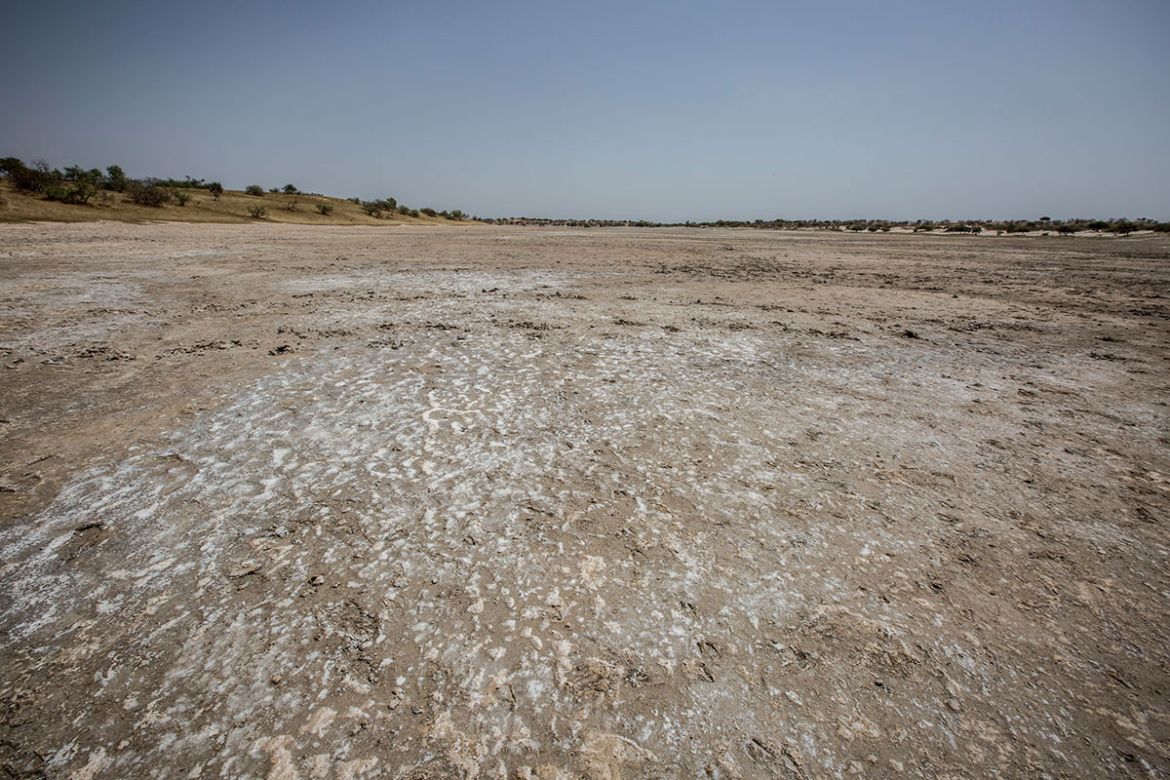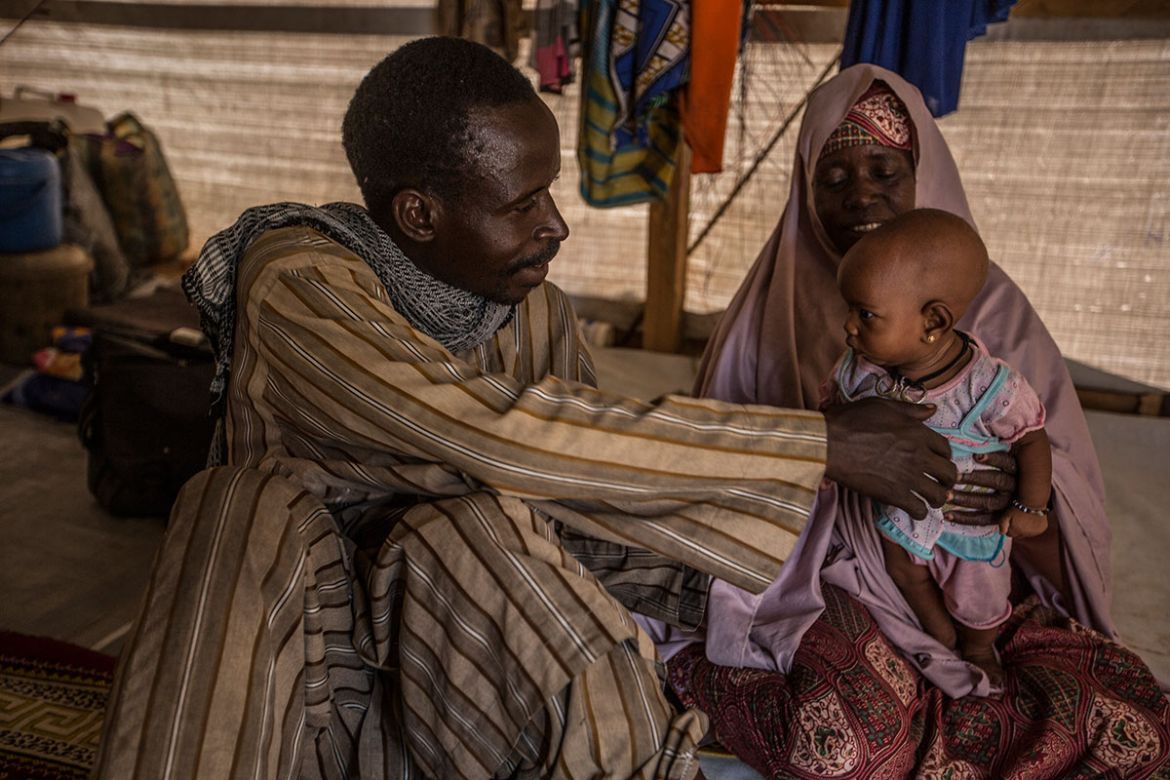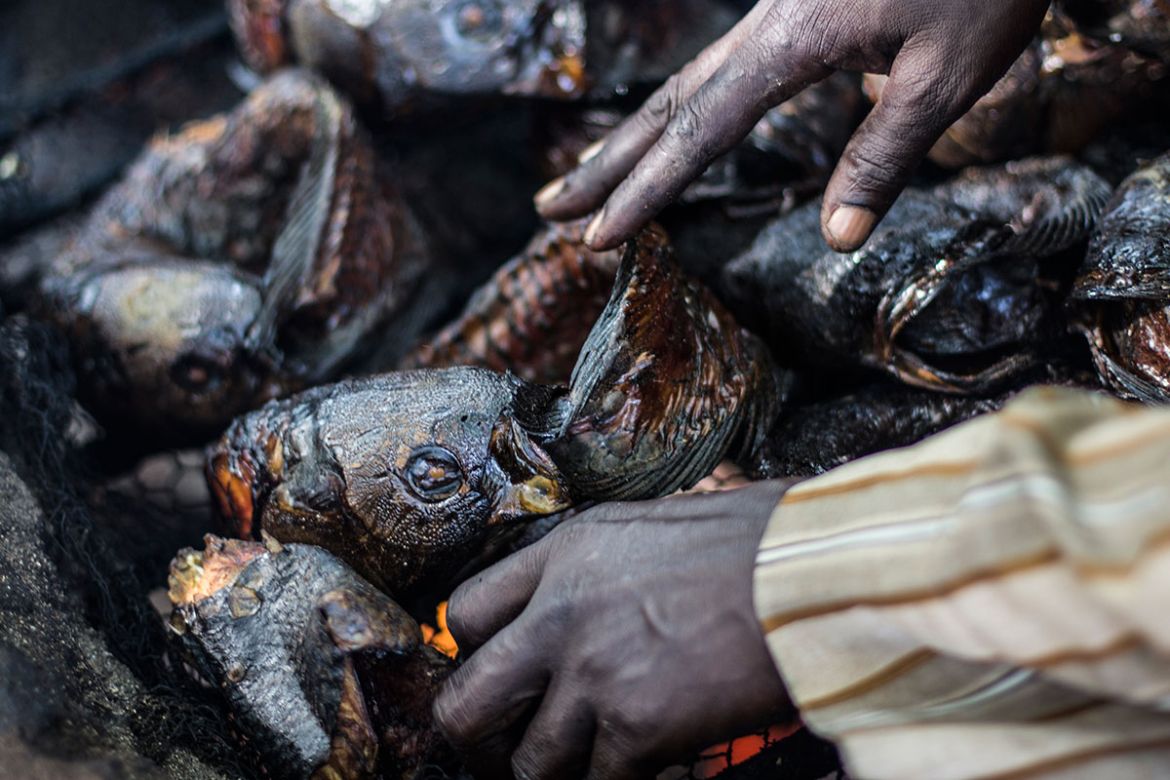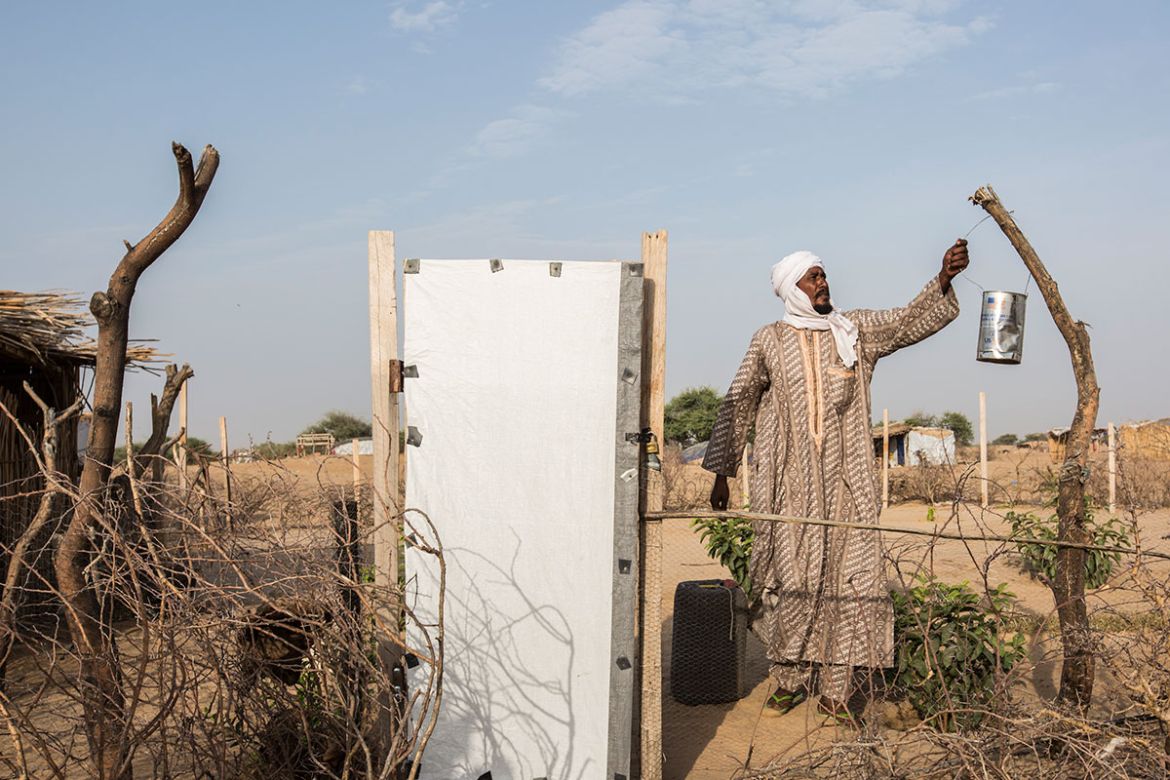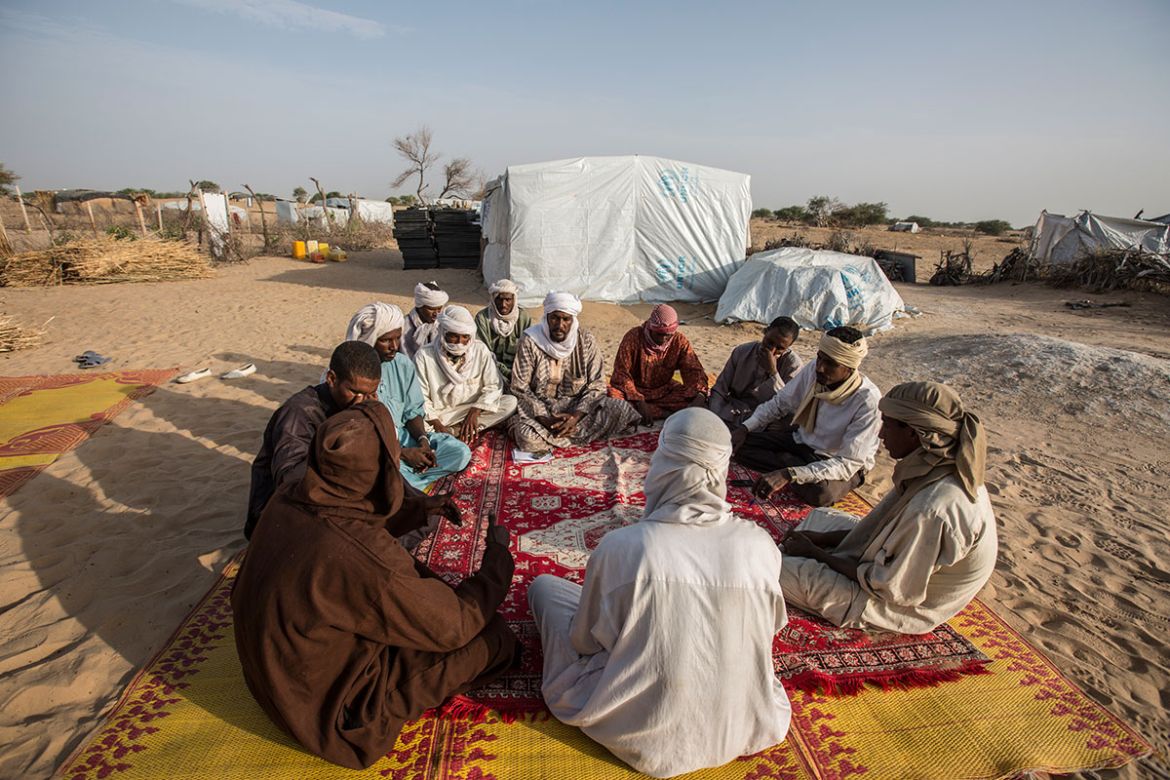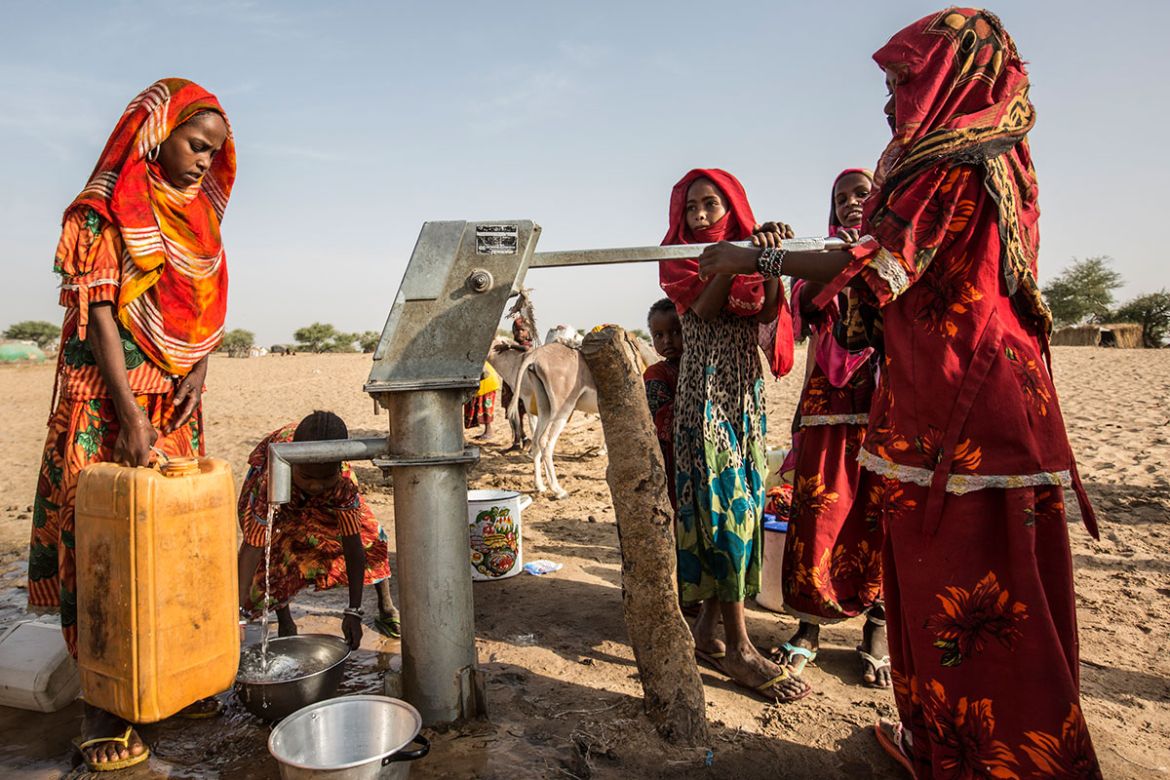In Pictures
Displaced refugees fear more loss as Lake Chad shrinks
Refugees displaced by Boko Haram take on new life of fishing, but fear all will be lost as Lake Chad slowly disappears.
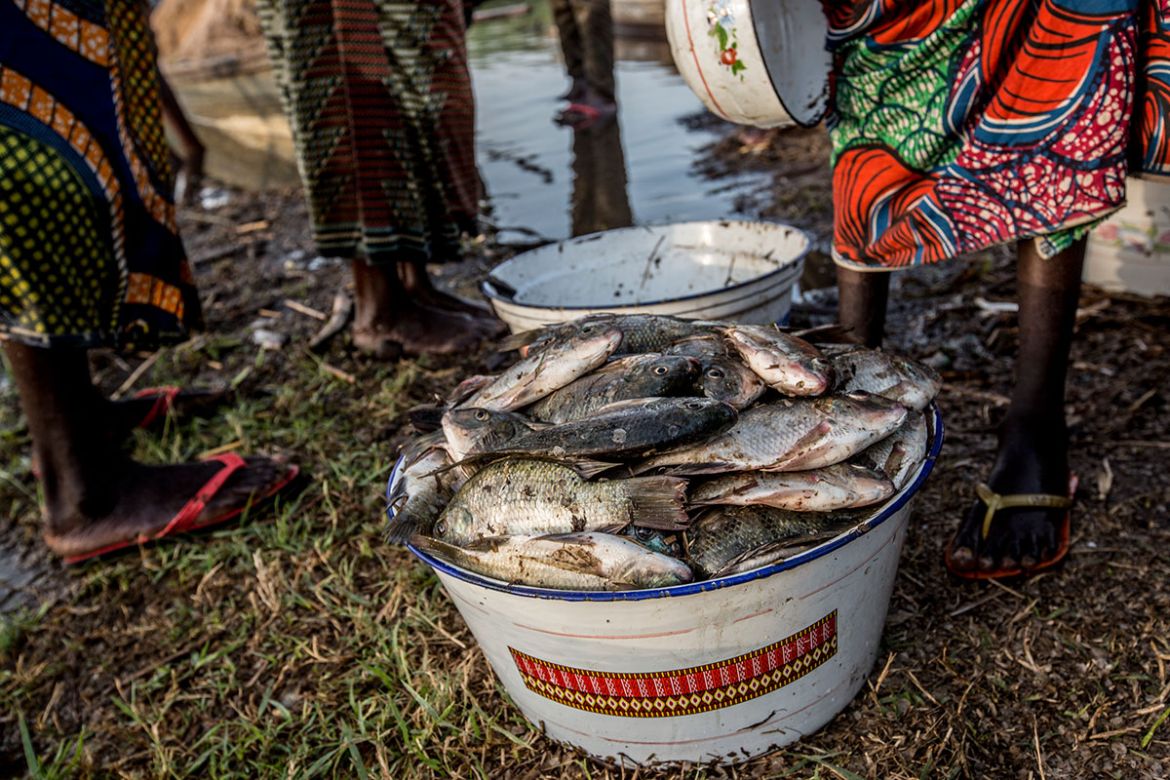
A total of 2.4 million people in northeastern Nigeria, Cameroon, Chad and Niger have been displaced by the rise of Boko Haram. Since December 2014, communities around Lake Chad have been fleeing the sound of gunfire, the sight of their houses in flames and the memory of loved ones murdered by the Boko Haram fighters.
In Nigeria, some have been displaced within their country, while others have been forced to seek refuge across the lake in neighbouring states. More than 7,000 Nigerian refugees have landed on the Chadian side of the lake, where they are living in the Dar Es Salam camp, just outside the town of Bagasola.
Chad, along with the other provinces that border the lake, has seen its economy take a hit, because the closure of borders has resulted in a slowdown in trade, herding, farming and fishing.
Environmental tolls due to climate change have also affected communities surrounding Lake Chad, including the refugee population. Desertification, deforestation, intruding vegetation, soil salinity and drought are all suffocating livelihoods and aggravating poverty, making Lake Chad a fertile ground for Boko Haram recruitment.
Today, at nearly a twentieth of its size back in the 1960s, Lake Chad continues to shrink as invasive plant species grow, covering nearly half of the lake’s surface.
This undesired vegetation grows on the lake’s floor during dry seasons, and when water levels rise following rainfall, it deprives surrounding communities, including refugees, of access to the lake’s open waters.
Due to vulnerability of this environment and threat of rainfall fluctuations, livelihood programmes are a priority for the humanitarian organisations. So far, the United Nations refugee agency has helped 150 households with fishing boats and material. Beneficiaries make an average of $10 a week, which contributes towards sustaining their families.
The programme, however, covers only 8 percent of Nigerian refugees in Chad. More funding is needed to include more fishermen, farmers, herders and traders from both the refugee and local communities.
